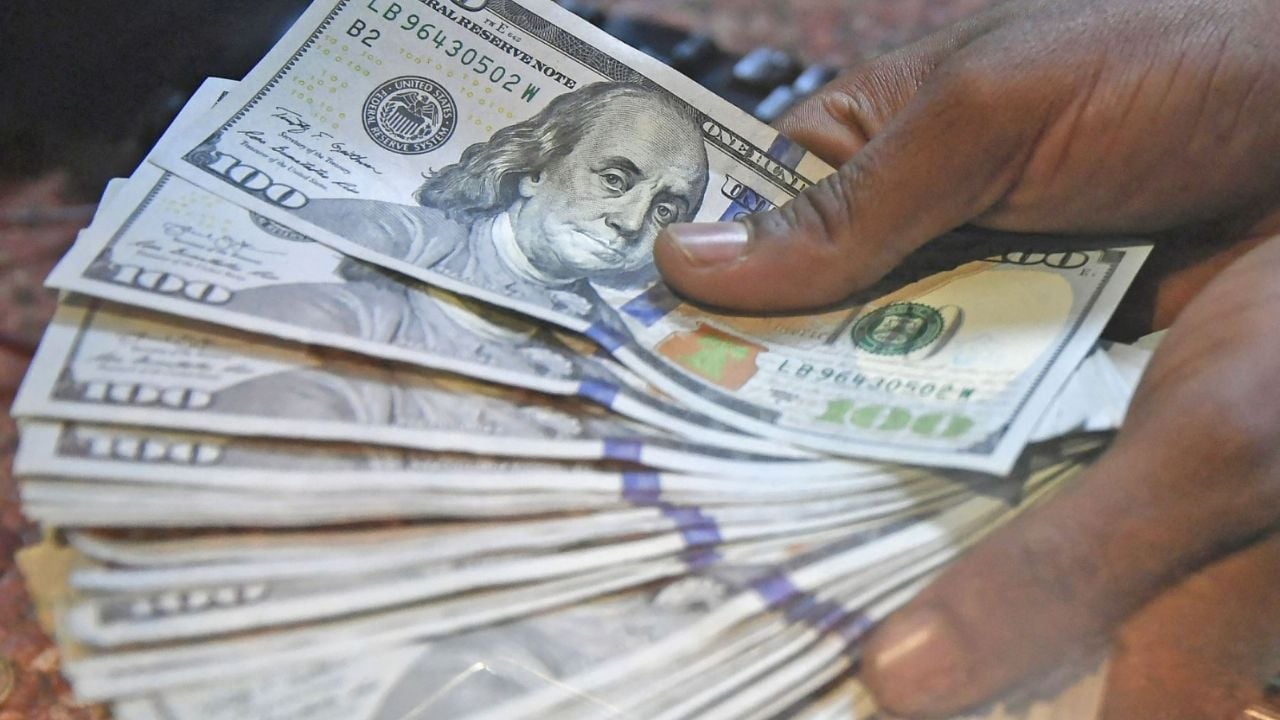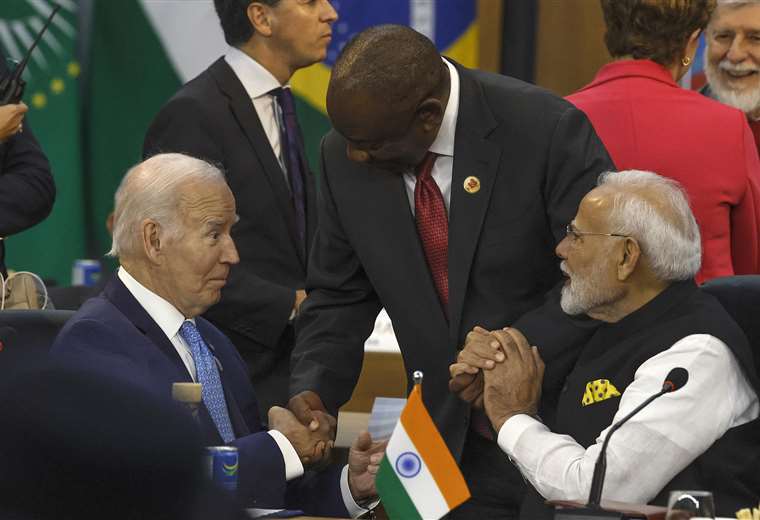He government Argentina, led by President Javier Milei, has been seeking strategies to curb the appreciation of the peso and encourage the use of the dollar in the economy. However, so far, these efforts have not achieved the expected results.
The appreciation of the peso has generated concern in the real sector of the economy, since it affects the competitiveness of exports and makes local goods and services more expensive compared to other countries. He government has proposed several measures to encourage the use of the dollar and stop the appreciation of the peso.
One of the main strategies is to allow dollars to circulate more fluidly in the economy. Javier Milei has mentioned the idea of ”endogenous dollarization,” where the broad monetary base would remain fixed and foreign exchange entering the banking system would be used to accumulate reserves.
Despite good intentions, the implementation of these measures has faced several challenges. For example, the $15 billion in laundering that entered the banking system has been useful in accumulating reserves, but has limited options for use.

Banks can only offer loans to exporters or suppliers in the sector, which restricts the impact of these currencies on the economy. In addition, the Central Bank is working on the possibility of paying directly in dollars with a debit card.
However, this option will not be available until after the first quarter of next year, and it is not clear whether people will be willing to pay directly in dollars in places such as supermarkets, kiosks or pharmacies.

Gap
The exchange gap has been significantly reduced, remaining at less than 10%, something unprecedented with the exchange rate. However, the appreciation of the peso has made Argentina become a very expensive country in dollarswhich has generated debate among businessmen and investors. The real exchange rate has reached levels similar to those when the stocks were released in 2016, but in an economy with better fundamentals.
An appreciated exchange rate makes local goods and services more expensive compared to those in other countries. This affects the competitiveness of Argentine exports and can have a negative impact on the trade balance. Furthermore, the appreciation of the peso can lead to a slowdown in inflation, but it can also deepen the exchange rate lag.
follow us on Google News and on our channel instagramto continue enjoying the latest news and our best content.


















